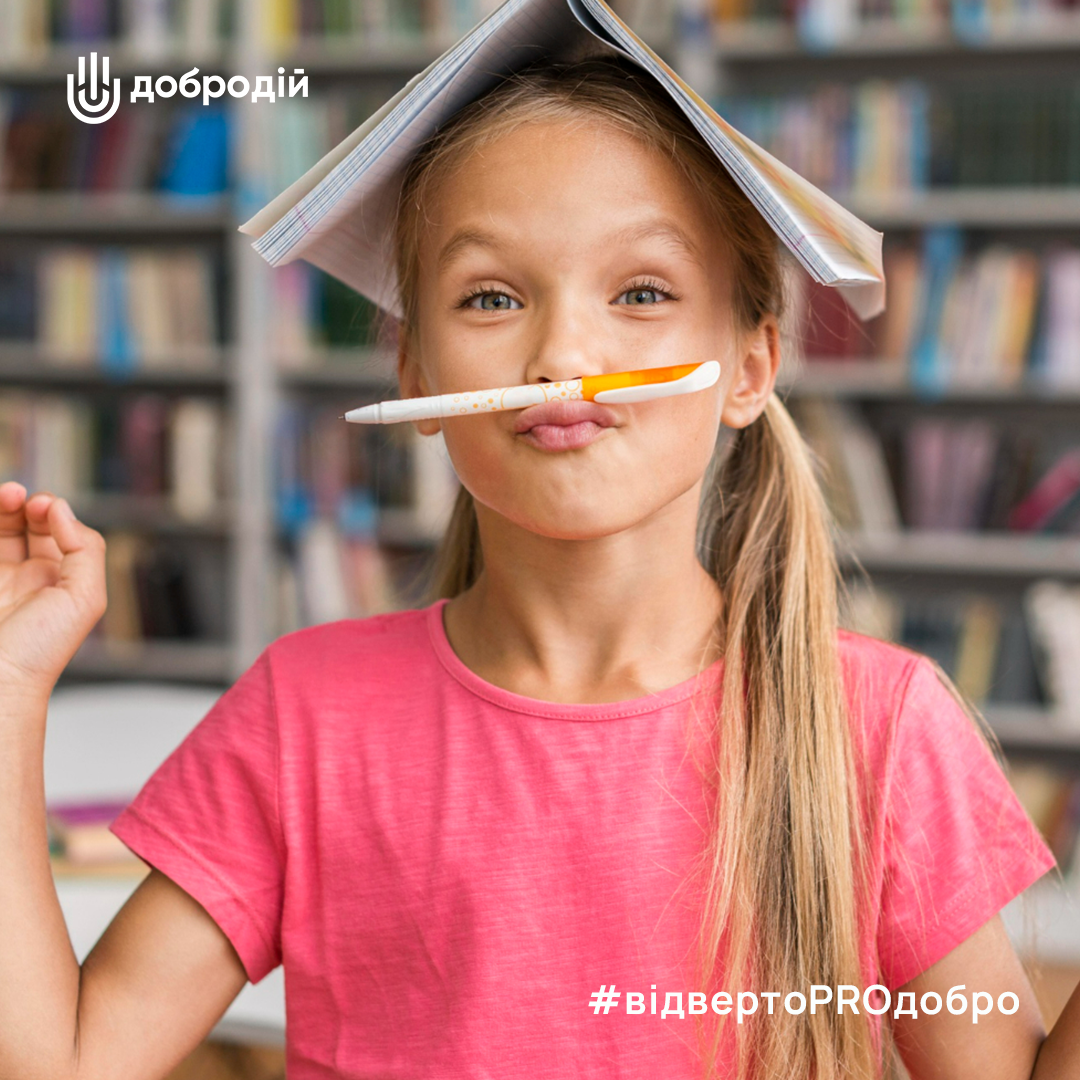REHABILITATION = INDEPENDENCE

Is independence important to you? Without a doubt, 100% of you would answer "yes"! Independence, for both a person and an individual, is the ability to make one's own choices in any life situation, to follow one's path, to rely on one's strength, and to be confident in one's decisions, as well as to move freely without being dependent on circumstances or other people.
As the classic says, "No man is an island." And if we think not on the scale of a state but on the scale of a person, for many of us, independence and self-reliance are synonymous with growing up and personal maturity. But next to us, there are many people for whom self-reliance and independence are the greatest goals in life, both physically and literally.
At the Charity Exchange "DobroDiy," we are in constant contact with such children, teenagers, and their families. These are young Ukrainians with difficult diagnoses, pathologies, and the aftereffects of diseases and injuries, who are making titanic efforts to become independent in the future, to start adult life, and to take care of themselves. At the moment, even the smallest steps toward independence are achieved through regular rehabilitation.
For these children, comprehensive rehabilitation means preserving their independence and developing their mental, social, and physical skills. In cases of cerebral palsy and other neurological conditions, surgery or medication is only the beginning. Rehabilitation helps the child learn to move and coordinate actions. Without it, the recovery process can be harder and longer.
To visualize this, imagine a person with an amputated limb who has been fitted with a prosthesis. A person is not like a computer that can simply be plugged into a new device. After implantation, a person cannot immediately get up and walk. The patient must learn to walk again, and this is a thorny and painful path. The same happens with our young wards who need rehabilitation.
The state offers children with disabilities only one rehabilitation course per year, which is critically insufficient! The skills acquired during therapy are lost after 3-4 months. Therefore, a systematic course of treatment is crucial for these patients. Regular physiotherapy, 3-4 times a year, improves joint flexibility, strengthens muscles, balances mobility, and, most importantly, reduces the pain that a child with a disability lives with every day.
VLADISLAVA TOOK ANOTHER STEP TOWARDS A LIFE WITHOUT PAIN. THE SECOND STAGE OF SURGICAL TREATMENT WAS SUCCESSFULLY COMPLETED WITH THE SUPPORT OF BENEFACTORS.
РЕЗУЛЬТАТИ ВІДБОРУ ЗАЯВОК на оплату реабілітації у І півріччі 2026 року
Список зареєстрованих заявок на оплату реабілітації у І півріччі 2026 року
Do you have a project?
WRITE US